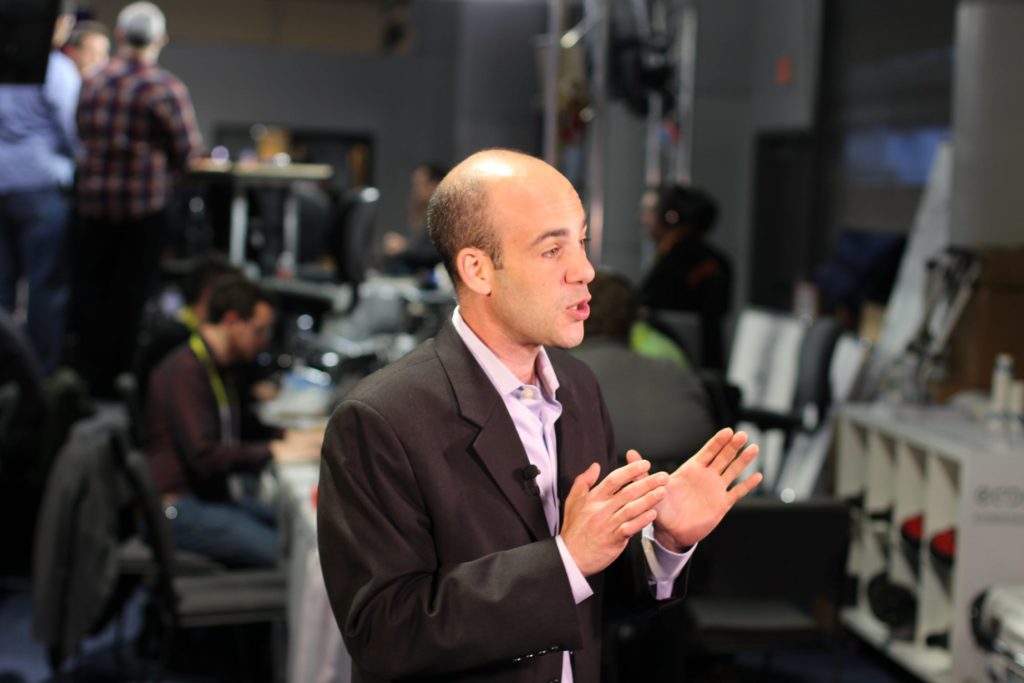
Working as a nurse practitioner can be a fulfilling and rewarding experience, but it’s also a physically tiring and emotionally draining role. Before committing to a career in healthcare, you’ll want to ensure that you’re well-suited to the demands of the job.
Within the nursing population, many professionals choose to specialize in family healthcare. The opportunity to treat people of all ages ensures that the work is always varied and interesting. What’s more is that the widespread need for family care means that family nurse practitioners are always in demand.
What Is a Family Nurse Practitioner?
Before you can begin working towards licensure and certification, you’ll need to know exactly what a family nurse practitioner does. One of the most common questions asked by nursing students can be answered by this article from Carson-Newman, titled ‘what is an FNP?’ It’s well worth taking the time to find out more about what a family nurse practitioner does and what their role involves.
A family nurse practitioner specializes in delivering to care to families, which means your patients can range in age from infants to teenagers and adults to seniors. As you will be treating patients across all age groups, training as a family nurse practitioner is varied. You will study a variety of areas before qualifying as an FNP, including:
- Child development
- Nutrition
- Disease management
- Adult care
- Health promotion
- Family planning
- Geriatric care
What Does a Family Nurse Practitioner Do?
The role of a family nurse practitioner can vary quite dramatically and may depend on which setting or clinical environment you choose to work in. In general, however, family nurse practitioners will undertake a number of duties, including:
- Performing physical and mental health assessments
- Educating patients about health promotion and disease management
- Arranging diagnostic tests
- Diagnosing acute and chronic medical conditions
- Prescribing medications
- Providing evidence-based treatments for diagnosed medical conditions
- Delivering preventative care
- Liaising with other professionals, such as social workers
- Referring patients to other healthcare professions, when appropriate
Do Family Nurse Practitioners Work Alone?
Not necessarily. How you operate as a family nurse practitioner will depend on your particular place of work and the state you are licensed to work in. Some states enable nurse practitioners to work with more autonomy, whereas others require them to be supervised or managed by other medical professionals.
If you live in a ‘full practice state’, you’ll have more autonomy and have the option of working alone in your own clinical setting. However, even in full practice states, many family nurse practitioners work in doctors’ offices, hospitals and established clinics. In addition to this, nurse practitioners may need to visit patients at home or in another setting in order to deliver treatment.
Should You Choose a Subspecialty?
When you qualify as a nurse practitioner, you may choose to specialize as a family nurse practitioner, a pediatric nurse practitioner, a geriatric nurse practitioner and so on. However, there are additional subspecialties that a family nurse practitioner can choose to focus on.
As a family nurse practitioner, you’ll also have the opportunity to select a subspecialty from a wide variety of options, including:
- Diabetes/endocrinology
- Critical care
- Long-term care
- Rehabilitation
- Pediatrics
- Orthopedics
- Gerontology
- Urology
- Cardiology
- Perinatal care
While you aren’t required to choose a subspecialty in order to practice as an FNP, many family nurse practitioners choose to do so.
How Do You Become a Family Nurse Practitioner?
Becoming a nurse practitioner takes time. The duties and responsibilities of a family nurse practitioner mean that candidates must be highly trained. Generally, people will begin their training by completing a Bachelor of Science in Nursing before studying for a Master of Science in Nursing. However, you may choose to gain experience as a Registered Nurse while you undertake further study. In addition to this, some candidates choose to further their academic qualifications by becoming a Doctor of Nursing Practice, or DNP.
From here, you will need to obtain licensure and certifications within the state or states you want to work in. However, this isn’t a one-off requirement. Similar to other health professionals, family nurse practitioners are required to complete a certain amount of continuing education every year in order to retain their license.
Is a Career as an FNP Right for You?
As you can see, family nurse practitioners hold a significant amount of responsibility and treat patients of all ages and with varying medical issues. However, if you’re eager to work with a wide variety of patients and take on the responsibility of managing acute and chronic medical conditions and treatment, a career as a family nurse practitioner could be ideal for you.



